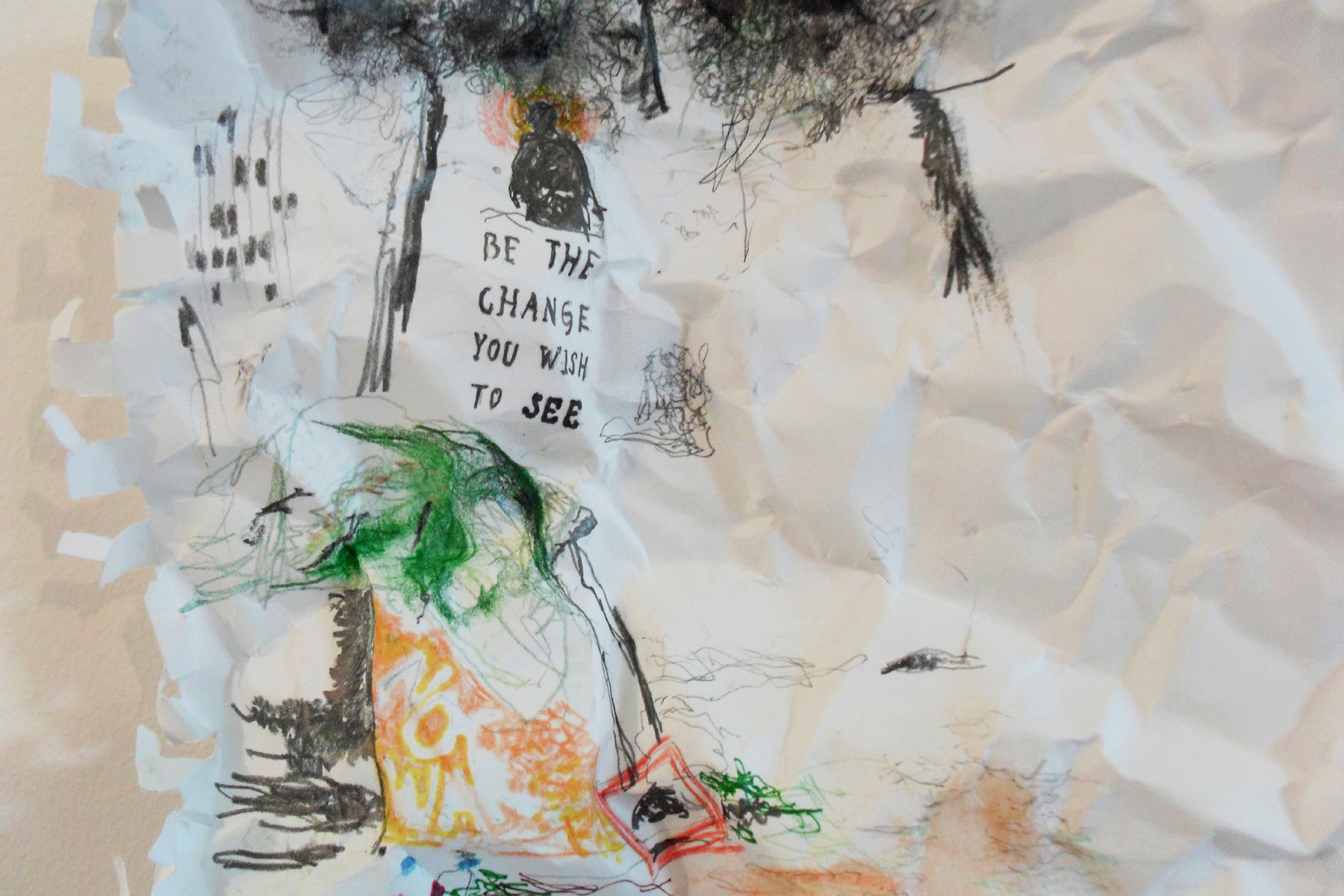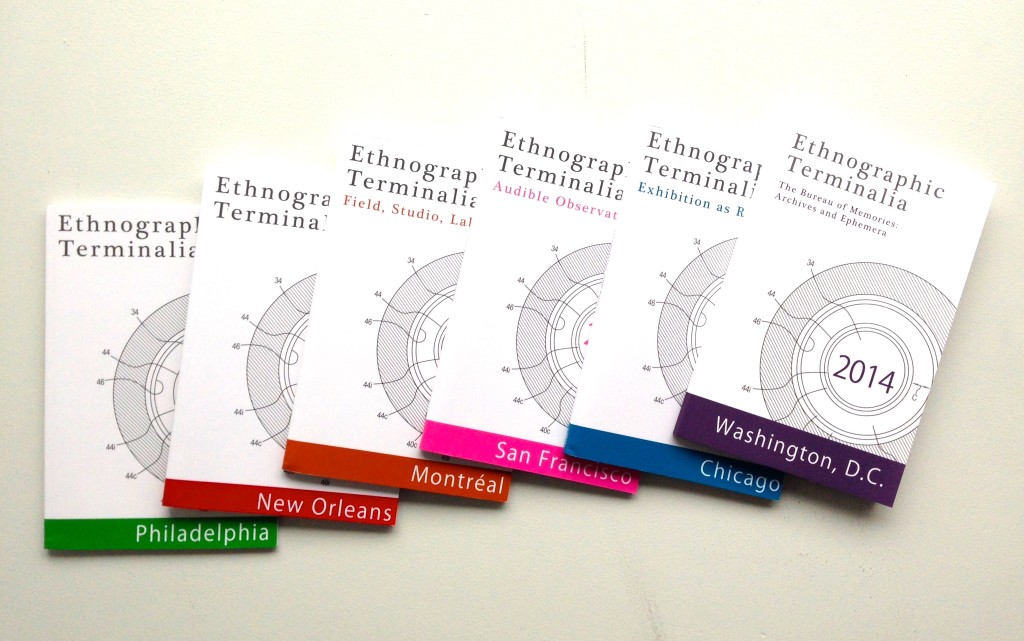Tent X: Democracy Village, Parliament Square
Paper and ink
2011
Artist Statement
The Democracy village encampment was one of the great counter political projects of recent years. As a villager and camper I have written about the experiment in various publications. Now, it has become a new form of political agency setting a paradigm for new forms of social activism: the so-called camp meme from Tahrir Square to the indignados in Madrid. As a social experiment I consider Democracy Village to be as significant as the Philadelphia Association at Kingsley Hall in the 1970s given its inclusive participatory nature which included a strategic place for the urban destitute as political agents, as possessors of bare life through physical occupation of space and in the courts.
The tent is a means of enclosing the human subject, yet a means of producing ‘a new human lab for new human subject’ (quote from workshop at This is Not a Gateway, London). “The mainstream media saw this as inarticulate and a breakdown of politics. The media and politicians labeled it a “shanty town” full of “loons” and could not comprehend the mix between political and social issues such as homelessness and drug use and forced the clearance of the square.” At Parliament Square, tent X looks at the camp as a self-contained autonomous space yet as a ‘crumple zone’; a new form of post-political space, an endoskeletal social form lacking institutional skeleton and infrastructures but which delineates a non-material realm through signs made from improvised materials. These go beyond protest to create what Ernesto Laclau calls a hegemony of signs rich in floating signifiers, a spatial matrix which is unstable in multiple ways and fluid and thus enabling of the new political. Through my sketches on crumpled paper I try to convey the topology of signs at the encampment, the translation of subjective experience into objective reality.
Biography
My art works are active social processes, completed by the ongoing activity of many
people, inventing space for many forms of participation. In particular these create
working spaces for a series of contestations: legal versus illegal, autonomous versus mass culture, individual versus collective, which are worked through each project. They are about the making of new structures for human experience, not only about producing representation. My working philosophy has emerged more through practice, dialogue, and activism: working with horizontal social networking, disseminating the work through public workshops, ‘infonights’ at social centres, and self-made zines/publications.


